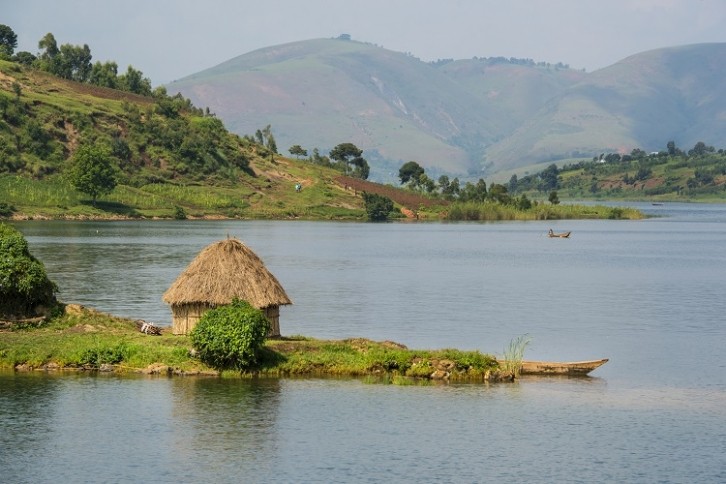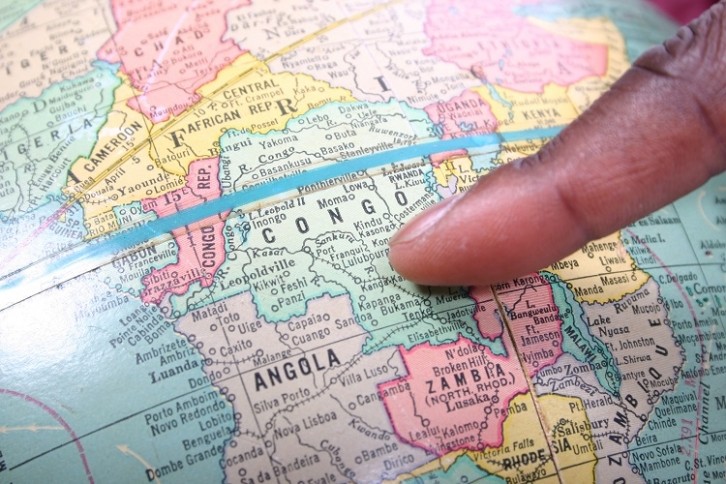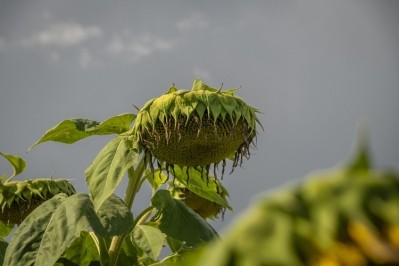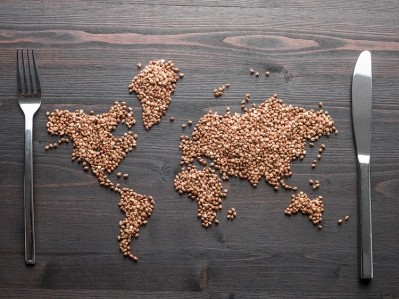Growing coffee in conflict areas: Nespresso invests in eastern Democratic Republic of the Congo

Coffee is grown and cultivated all over the world, but many of the regions with the best climate for producing it are mired in conflict. Single-origin coffee in particular can pose many challenges in this way.
There are, arguably, few regions more troubled than the eastern Democratic Republic of the Congo (DRC) in central Africa. Yet Nespresso’s Reviving Origins series, which aims to revitalise coffee growing areas that have endured difficult times, is investing in growing coffee in Kivu, a state in the region.
First and Second Congo Wars
In 1996, according to the book 'Congo: The Epic History of a People' by Belgian historian David van Reybrouck, Rwandan and Ugandan forces invaded the Democratic Republic of the Congo (DRC), then called Zaire, and overthrew its dictator of thirty years, Mobutu Sese Seko, installing Congolese rebel Laurent-Désiré Kabila in his place. These events later became known as the First Congo War.
The Second Congo war began two years later when in August 1998, Kabila ordered the remaining Rwandan and Ugandan troops to withdraw. Rwanda and Uganda responded by invading again, aiming to overthrow the leader they had installed two years earlier.
From there, the war grew in scope, drawing in countries from across Africa including Zimbabwe, Angola, Chad and Libya. It is sometimes known as Africa’s World War, and led to the deaths of more than 5 million people, the highest death toll of any war since the Second World War.
While the war officially ended in 2003 with the assassination of Kabila, in the eastern regions of the DRC, including Kivu, low-level conflict remains.
According to NGO TechnoServe, coffee is more resilient to wartime disruption than many assets, as coffee trees are far less likely to be raided than commodities such as livestock, and don’t need as much upkeep.
Nespresso launched its Kivu programme in 2020, and has pledged to invest $20m (€18.65m) into reviving speciality coffee there by 2026. This investment, according to Nespresso, will cover coffee purchases and price premiums, community projects and technical assistance, and support for coffee farmers to access global markets.
Nespresso also plans to raise an additional $20m for coffee growing communities alongside the $20m invested into coffee itself.
"Kivu has the potential to be among the world's great coffee regions, but has faced extremely challenging conditions in recent years. Through our Reviving Origins program, we work closely with Congolese farmers,” said Guillaume Le Cunff, Nespresso’s CEO.
Safety from conflict
In 1980 coffee was one of the DRC’s most important commodities, but due to conflict and instability, including the first and second Congo wars and their aftermath, exports declined. Now, Nespresso hopes to revive coffee cultivation in the region.
Local links are vital to the Reviving Origins series, according to a Nespresso spokesperson. “Long-term partnerships are established with farmers, communities and sometimes also governments to invest in rebuilding sustainable coffee farms that have been threatened by adverse circumstances."
Because Kivu has seen an uptick in conflict in recent years, with attacks from rebel group M23 displacing thousands of people, farmers operate under a certain degree of risk, which Nespresso acknowledges. It works with a network of organisations to help reduce this risk as much as possible.

“In general Nespresso’s policy with respect to conflict is to assess the local context very closely with partners and experts to evaluate the best way to support farmers and local partners. Our limited business activities in conflict-affected areas are mainly restricted to coffee sourcing and community development activities,” the spokesperson told us.
“Nespresso recognizes that operating in or sourcing from conflict-affected and high-risk areas requires different ways of working to ensure that our own activities and those of our business partners do not sustain or intensify conflict or increase risks to farmers and farming communities. As such, we work with a range of international and expert partners on issues related to both human rights and conflict-related risks and impacts.
“Nespresso collaborates closely with different parties with relevant expertise to be able to address the specific challenges of each context, including local community partners, governments, and expert partners - with whom specific project plans have been devised.”
As part of parent company Nestlé, Nespresso works in line with the UN’s Guiding Principles on Business and Human Rights (UNGPs), which stress that, “in situations of armed conflict enterprises should respect the standards of international humanitarian law".

As part of its AAA program, Nespresso is working with the organisation TrustWorks Global to keep workers safe from potential conflict. TrustWorks Global helps companies put in place impact assessments and train staff.
“This will result in a robust and comprehensive action plan – including tailored trainings of staff and partners on the ground - to ensure the Reviving Origins program in the DRC proceeds in a responsible manner,” the spokesperson told us.
Cultivating coffee
In terms of everyday coffee cultivation, Nespresso works with TechnoServe, which aims to implement business solutions to poverty in developing countries by creating links to capital and markets, alongside central African coffee distributor Virunga Coffee, to develop its AAA program. This program aims to help farmers deal with climate change and economic volatility.
According to Nespresso, 4,500 farmers in South Kivu and 5,238 in North Kivu have joined the AAA Program, through which the company has also provided “free training and technical assistance on sustainable coffee practices, helping farmers to improve coffee quality and yield, and increase their incomes over time".
More than 20,000 farmers have been trained in North and South Kivu by Nespresso and its partners, according to the spokesperson. Farmers are trained in new agricultural practices such as agroforestry, which aim to produce coffee in a more sustainable way.
Furthermore, working with the US NGO Eastern Congo Initiative, the company has, according to the Nespresso spokesperson, brought clean water and healthcare services to farming communities. Now, according to Nespresso, more than 22,000 people have access to clean water, and more than 2,400 medical consultations have taken place.
Single-origin coffee
Many consumers enjoy coffee from a designated origin. Nespresso’s own single origins include countries such Ethiopia, Uganda and India, and even cities such as Istanbul, Stockholm and Rio de Janeiro.
Consumers, according to market research company Euromonitor International, love single-origin coffee because it is traceable; because they can experiment with different flavours; and because it has a perceived higher quality.
Why do consumers want DRC coffee?
Ultimately, the reason that Nespresso is cultivating coffee in the region is because consumers want it. But what is so special about coffee from Kivu?
“Coffee from Kivu was ranked among the world’s finest and was one of the country’s most important exports,” the Nespresso spokesperson told us.
“There is strong potential for coffee industries in the region, where the rain-rich volcanic soils of the Kivu region provide an ideal environment for growing specialty Arabica coffee. That is why we’re working closely with farmers to revitalize the sector, restore Kivu as a key source of high-quality Arabica coffee and rebuild sustainable livelihoods for the communities involved.” With changing climatic conditions making Arabica coffee rarer, this is more in demand than ever.
“KAHAWA ya CONGO is a smooth, seasonal coffee with a mild, fruity note, and alluring sweet cereal and nutty aromas."









